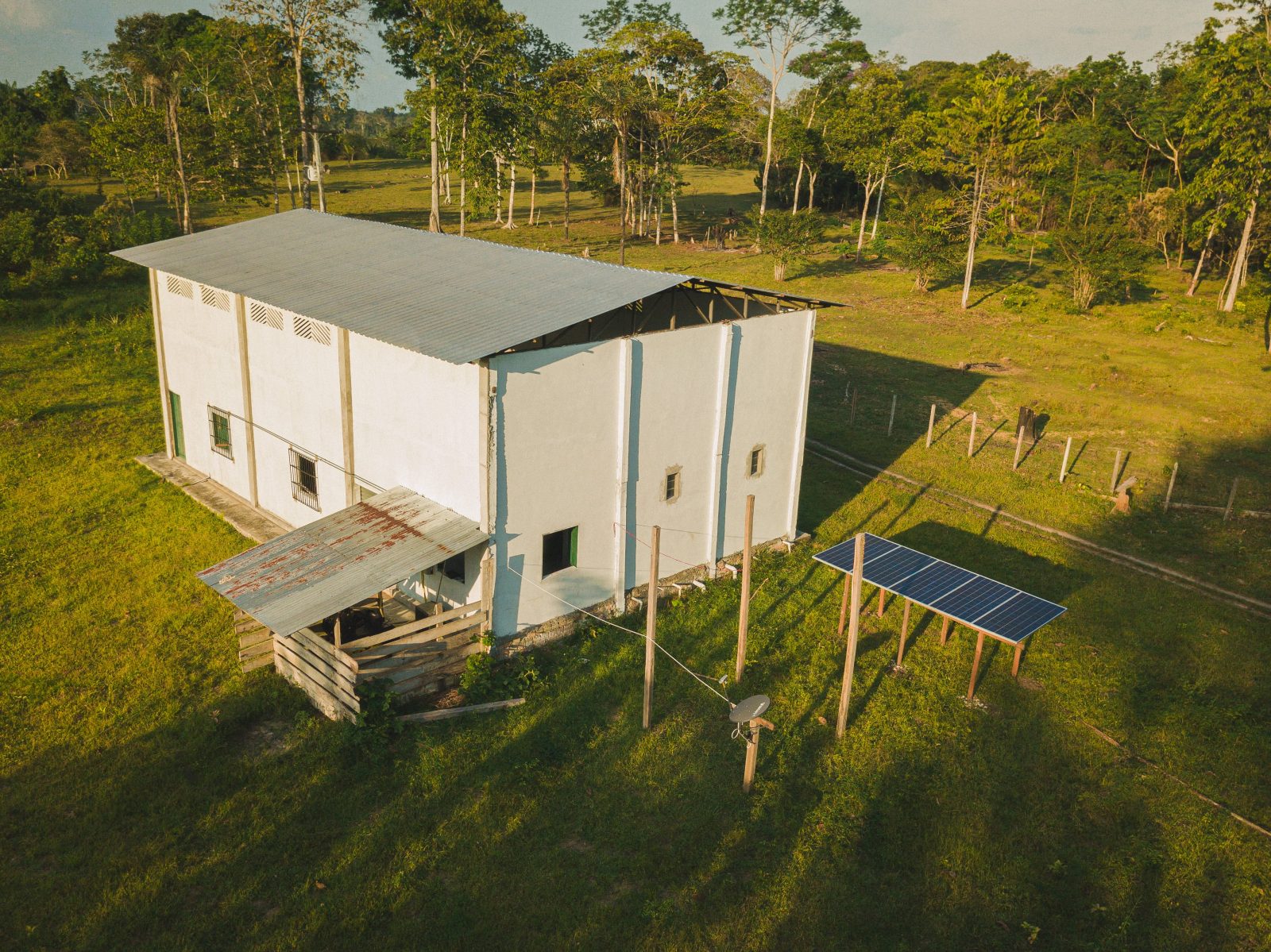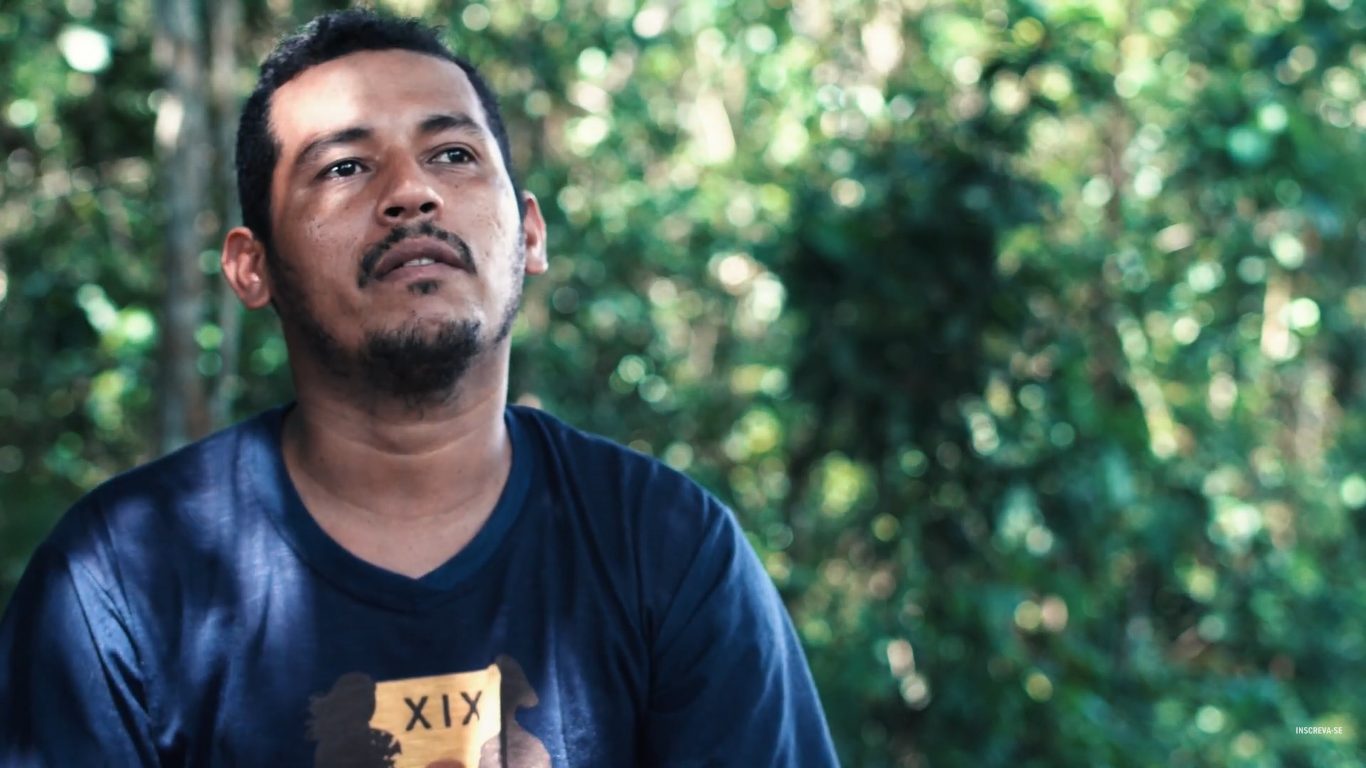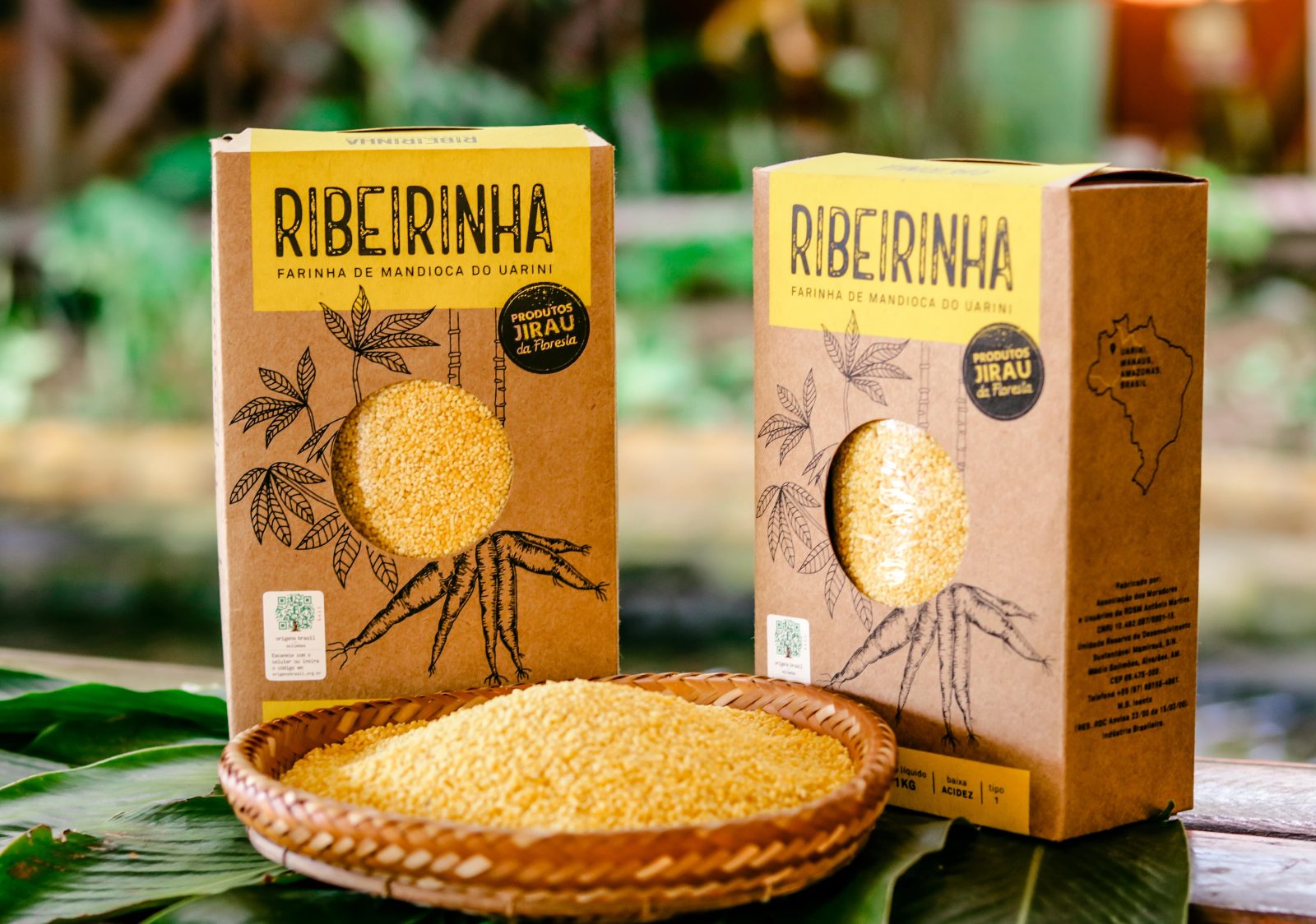In 5 years (2016-2020), the production chains supported by FAS in the Amazon, such as açaí, guaraná and manioc flour, earned more than R$ 85 million
The crispness, the bright yellow tone of its coloring and the rounded shape that resembles the roe of a fish are some of the characteristics that make the flour of Uarini, in Amazonas, a much appreciated product in the region. The unmistakable quality comes from a traditional way of making it, maintained through generations of families who dedicate themselves to the production of the food. People like José Albino, resident of Comunidade Campo Novo, in the rural area of the municipality. The farmer says that the craft of flour is at the root of the community, since it was founded in 1963.
“This history, this culture has been spreading until now that we can make this flour production evolve more and more. So it is passed on from father to son, giving continuity,” he says. Through investments by the Foundation for Amazon Sustainability and the Amazon Fund/BNDES, the residents of Campo Novo and neighboring communities that are part of the flour production chain in Uarini count on specialized assistance and infrastructure support to improve production, without losing their identity.

Photo credit: Rodolfo Pongelupe
“No matter how much value is added to the product, people continue producing in a traditional way. So it is hyper important to maintain tradition when we talk about a product, which is perhaps the most consumed in our region”, points Wildney Mourão, manager of the Program for Entrepreneurship and Sustainable Business in the Amazon (Pensa) of FAS.
The technical improvements reduce the time and effort involved in the production chain, such as the transportation of the flour sacks, which used to be done on foot, and is now done by motorcycles.

Photo credit: Zenistesia Filmes
“Most of the kitchens are far from our community, so it is much easier, because before we used to spend 1 to 2 hours with the sack of flour on our backs. Today we don’t, we spend 10 to 20 minutes to transport the sacks of flour”.
Ransque Oliveira, farmer and resident of the Punã Community, one of the localities benefited by the project
How manioc flour is made | Solutions for Sustainability
The union of 15 producing communities in the region gave rise to the brand “A Ribeirinha”. The flour is packaged in the Flour Packing Plant, a sustainable processing center built in Campo Novo, with the support of FAS, in 2020. “A Ribeirinha” is recognized by the Origins Brazil Seal, which attests to its forest origin and respect for the environment, its traditional populations and its territories. Besides popular fairs and local markets, the flour of Uarini can now also be purchased online, in the virtual store “Jirau da Amazônia”, a partnership between Lojas Americanas and FAS.

Photo credit: Dirce Quintino
The certification of origin and the expansion of the market result in the appreciation of the producers and fair remuneration. “We have a fair price for our product and it guarantees a quality of life for our families, for our children”, is proud of José Albino. “With this project I believe that we will achieve, our productive chain will be valued”.
Uarini’s flour is one of the Amazonian productive chains supported by FAS. The organization develops projects of fomentation and logistic support, of communication and of entrepreneurship to more than 40 thousand riverside families that mobilize the Amazonian bio-economy. Altogether, the chains of açaí, guaraná, banana, handicraft, family farming, cocoa, nuts, flour, guaraná, forest management, vegetable oils, forest management, pirarucu fishing and sustainable tourism have invoiced more than R$ 85 million reais in 5 years of partnership with the Foundation for Amazon Sustainability.
Read the study “Expansion of the Flour Business in the Amazon”, developed by FAS in partnership with the University of Notre Dame:

